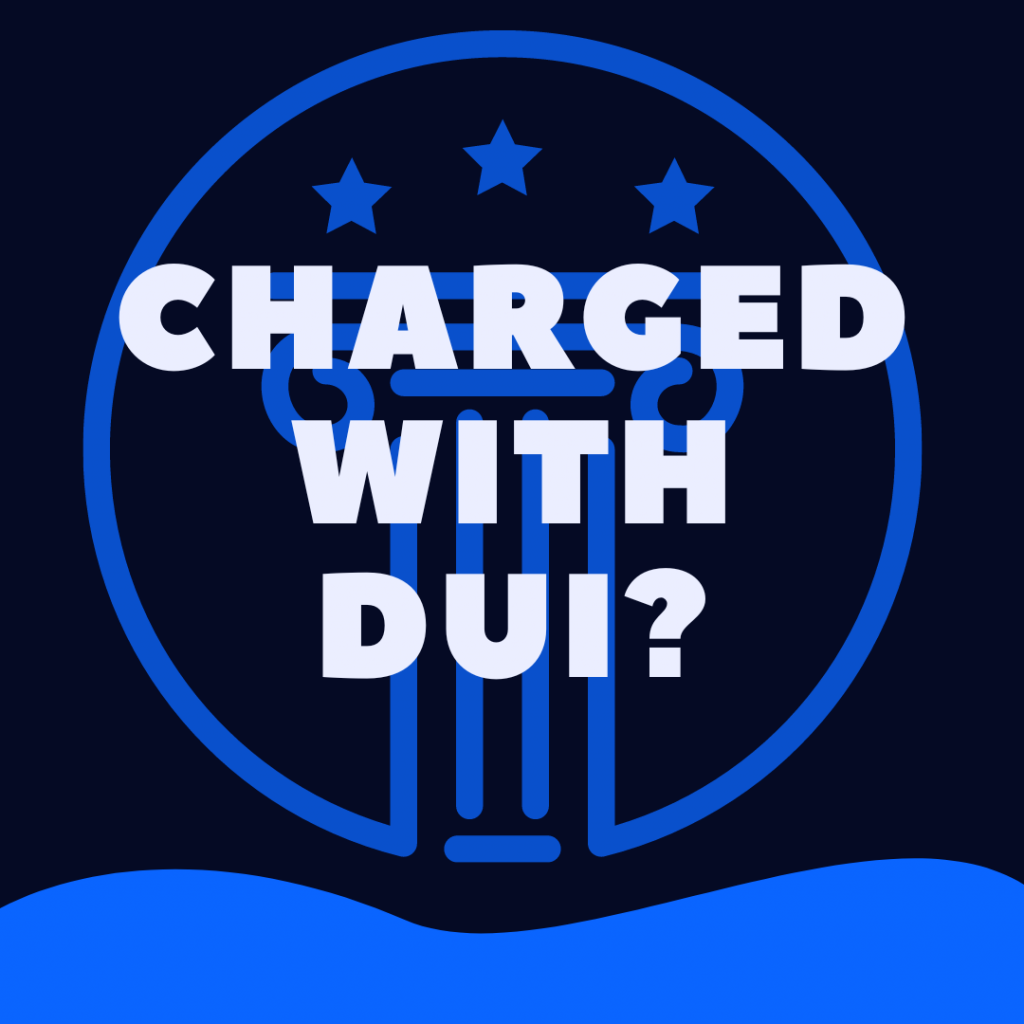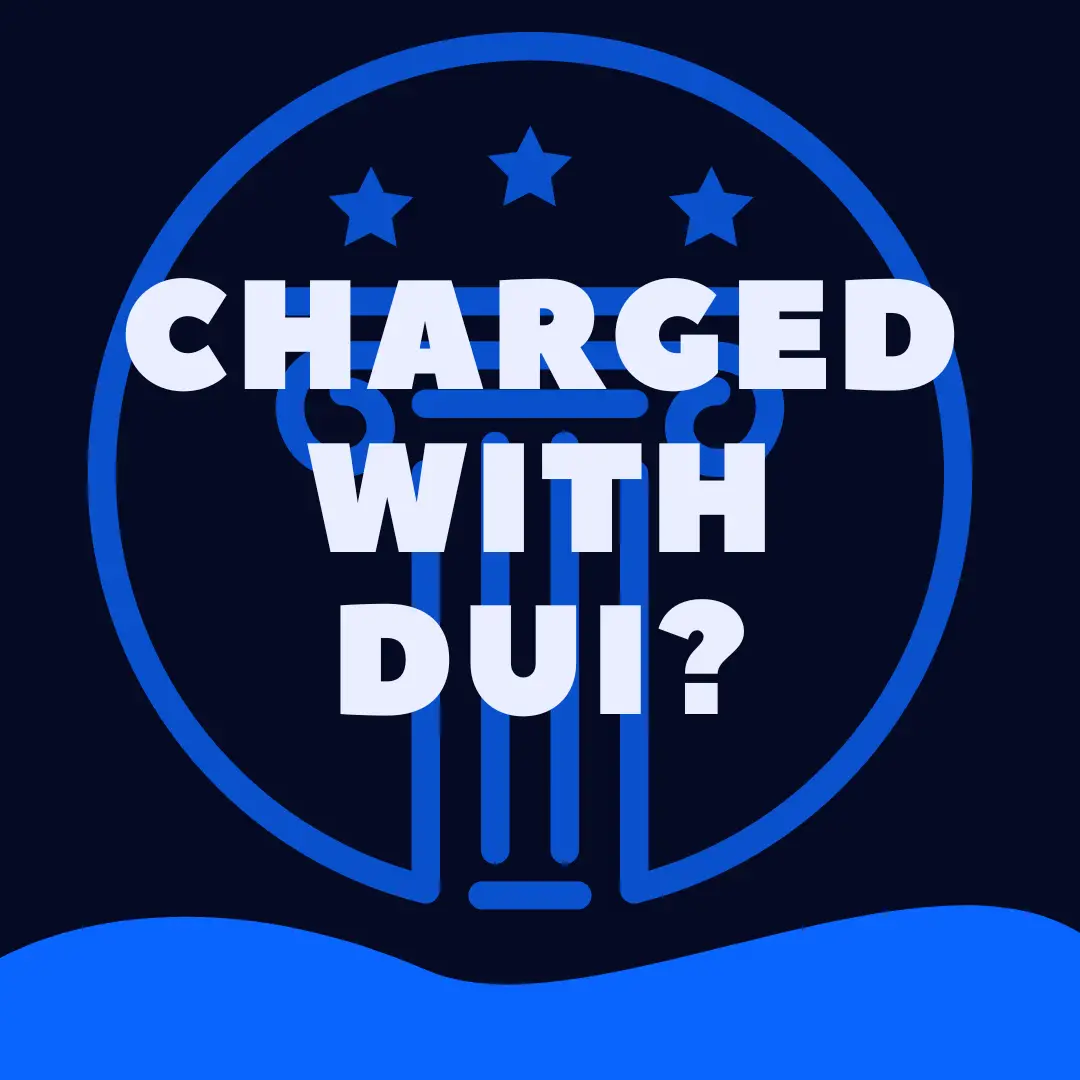Answer: yes, you absolutely can be charged with DUI days after the fact.
In the article that follows, we’ll explain.
Can You Be Charged With DUI Days Later? (Explained)
Disclaimer
The contents of this web page are for informational purposes only, and nothing you read is intended to be legal advice. Please review our disclaimer about law/legal-related information on this website before taking action based upon anything you read or see.
Investigating DUIs
There are several ways that law enforcement officers gather evidence of DUI, including:
- observing the activity with their own eyes while on patrol (most common)
- responding to a crash
- taking statements from witnesses observed the intoxication and driving as it happened at the location with their eyes
- taking statements from witnesses observed the intoxication and driving live but from a remote location (security camera)
- taking statements from witnesses observed the intoxication and driving after the fact by reviewing footage
- taking statements from witnesses who tattle on the offender (“I saw Jon drink and drive.”)
- taking statements from the offender himself during an interview, a set up phone call, etc
While most DUI offenders are caught in the act, there’s nothing that says they cannot be charged after the fact, even months later (aside from the applicable statute of limitations, explained below).
Given that DUI drivers represent a serious threat of harm to the community, officers will make responding to DUI reports a priority.
Sadly, sometimes there just aren’t enough law enforcement officers on duty to respond to every single 9-1-1 call, and sometimes the intoxicated driving isn’t even discovered until a later date.
Once law enforcement has finished their investigation, they’ll pack up everything and forward it to the prosecutor.
Making Charging Decisions
The prosecutor has to weigh justice for the public against the cost of pursuing a difficult to win DUI case.
While DUI is illegal, the prosecutor may have a limited amount of time and money to utilize to work on cases.
When faced with a challenging DUI vs an open and shut assault with a vulnerable bleeding victim, the DUI case may not receive the attention that the case would otherwise deserve.
The prosecutor reviews the evidence, weighs the factors that members of the public don’t usually think about, and then files or no-files.
If the prosecutor has an easy (or easy-ish) case to prove, he is more likely to file.
(An easier case to prove is one where the evidence is already lined up and clearly identifies the offender, the time and date of the offense, the location of the offense, and what happened, and the evidence is all admissible in court at trial.)
The prosecutor may also decide to charge the driver with reckless driving, reckless endangering, disorderly conduct or careless driving.
Statute of Limitations on DUI
While prosecution for DUI doesn’t always happen immediately, the police and government have limits for how long they can wait to pursue the case.
On the criminal side, there will be an applicable statute of limitations that limits the time frame to file.
DUI could be a civil infraction, a misdemeanor, or a felony.
In some states, the statute of limitations is 3 months, while other states it is 24 months, or maybe even longer given the facts of the case.
While many DUIs get charged right away, they can be charged any time up until the applicable statute of limitations expires.
Should You Confer With a Lawyer?
This is a great question, and it really depends on the case.
In some states, a simple DUI case might be resolved without much fanfare or punishment.
Many courts (especially municipal courts) have alternative disposition programs (like diversion) aimed at first time offenders or low level misdemeanors.
Conferring with a criminal defense attorney who practices in the jurisdiction where the driving occurred early on can help someone:
- understand the process of the prosecution
- analyze the facts and the likelihood of prosecution
- avoid making the case worse
- consider potential outcomes (trial, alternative disposition, probation, jail)
- understand what self-representation might look like
Wrap Up
Want to learn more about your criminal justice system?
Browse our free legal library guides for more information.



